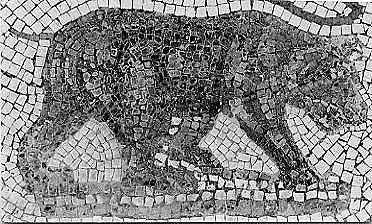
We live in a time where the impact we have on the world is more evident than ever. Animals that once roamed the earth freely are disappearing at an alarming rate, often due to human activities. Two of the most iconic recently extinct animals are the Atlas bear 🐻 and the Tasmanian tiger 🐅. Their stories are a reminder of our responsibilities and the choices we can make moving forward.
🐻 The Atlas Bear: A Symbol of North Africa’s Lost Wilderness
The Atlas bear was once native to the mountains of North Africa, the only bear species on the continent. Despite its strong presence in history, the Atlas bear was hunted to extinction by the late 1800s, primarily for sport and its pelt. Habitat destruction due to deforestation and agriculture also played a role in its demise. 🌿
Today, as we reflect on the loss of this magnificent animal, we realize the deeper implications. Its extinction didn’t happen overnight—it was a slow process that mirrored the environmental damage happening in its home. What’s left behind is a legacy of loss and a call for us to prevent similar tragedies. Today, several bears are at risk due to the same issues that cost us the Atlas bear!

🐅 The Tasmanian Tiger: The Ghost of Australia
The Tasmanian tiger, or thylacine, was a unique carnivorous marsupial native to Tasmania, Australia, and New Guinea. Interestingly, The Tasmanian tiger wasn’t even closely related to tigers, it was actually a marsupial (like a kangaroo) but its striped back earned it the nickname. While fuzzy pics and videos hint there MAY be Tasmanian tigers out in the vast Australian wilderness still, no hard evidence has yet been uncovered (fingers crossed!) For now, it is believed the last known Tasmanian tiger died in captivity in 1936, largely due to overhunting encouraged by bounties, as well as habitat loss and disease. 🌏
There’s something especially haunting lesson to be learned from the Tasmanian tiger’s story—how it was so misunderstood and feared, which led to its ultimate eradication. We can’t go back in time, but we can honor its memory by advocating for the animals we still have today. Learn more about the Tasmanian tiger and our collection here.
🌍 The Challenges Moving Forward
Today, animals like the Tasmanian tiger and Atlas bear are likely gone forever, but that doesn't mean we can't take action. The threats that caused their extinction—habitat destruction, hunting, and climate change—are still very real for countless species. Organizations like the International Union for Conservation of Nature (IUCN) and the World Wildlife Fund (WWF) are dedicated to protecting endangered species and restoring their habitats. 🐘🦜
There’s no question that it can feel overwhelming, but the good news is that every small action counts. We’re not powerless.
💸 How We Can Help: Voting With Our Wallets
One of the easiest and most impactful ways to help endangered animals is by being mindful of how we spend our money. When you make purchases, you’re essentially casting a vote. Supporting brands that prioritize sustainability, donate to conservation efforts, and raise awareness about endangered species can make a real difference.
At Speciologie, we’re committed to doing just that. With every purchase, we donate 5% of sales to organizations working to save endangered animals. Your choices matter, and together, we can support a future where extinction isn’t inevitable but preventable. 🌱 Check out our collections and join us in the fight to protect wildlife. Visit Speciologie here.
🤝 We’re In This Together
The extinction of the Atlas bear and the Tasmanian tiger should remind us of what we stand to lose if we don’t act. These animals didn’t just vanish—they were pushed to extinction. But the good news is that with collective action, we can protect the animals we still have. Let’s keep their stories alive by making mindful choices and supporting conservation. Together, we can make sure future generations don’t just hear about these animals in history books but see them thriving in the wild. 🌿🐾
Supporting conservation efforts is easier than you think! Consider donating or getting involved with amazing organizations like the World Wildlife Fund and the IUCN today.
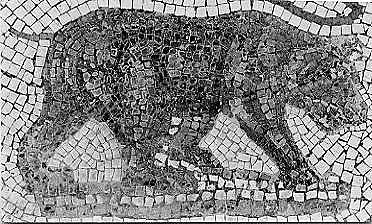


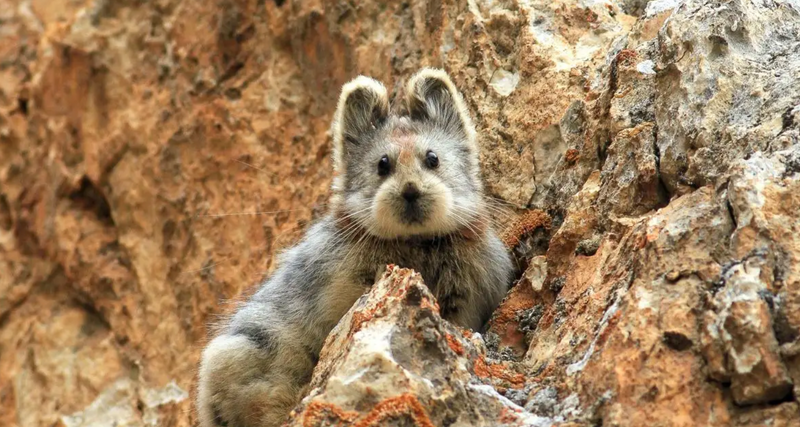
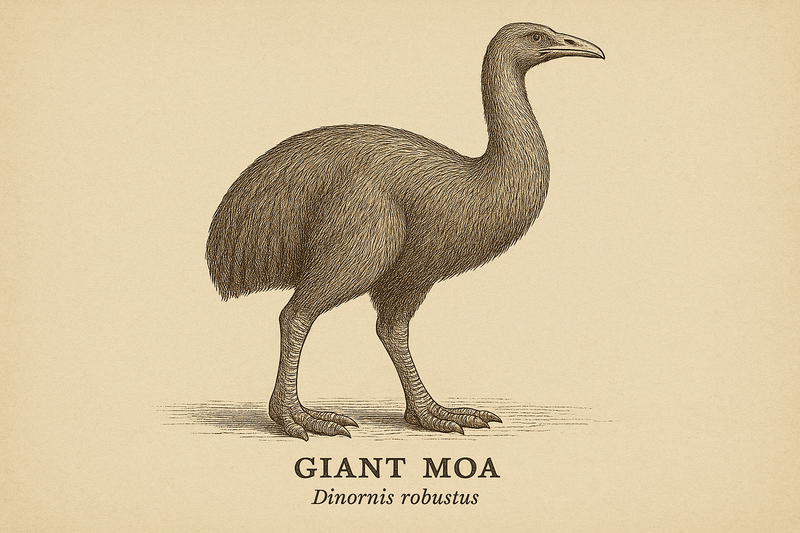
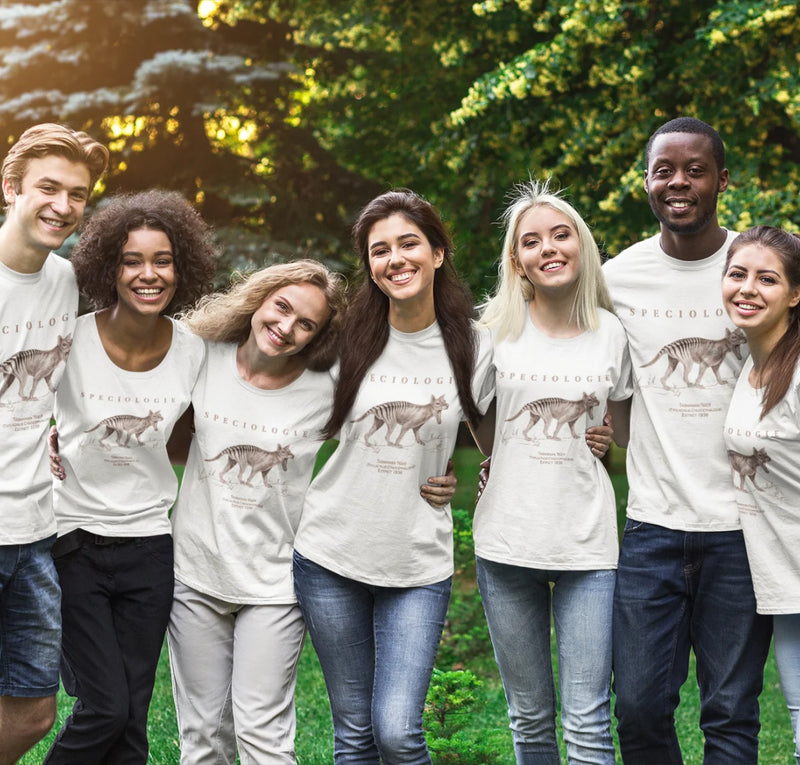
0 comments